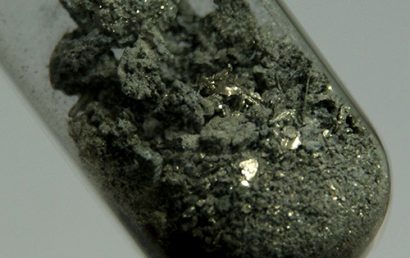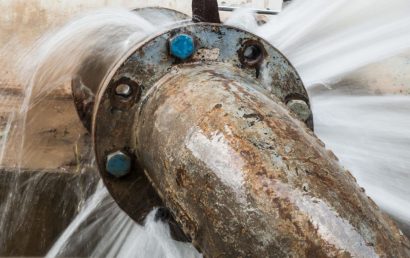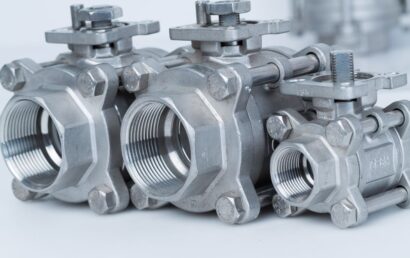Material Spotlight: Nickel Iron Aluminum Coatings
Nickel-iron-aluminum coatings are a type of metal alloy coating. These can be used in the application of thermal spray coatings for bonding. In addition to improving resistance to wear and corrosion, these coatings allow for the restoration of some parts’ dimensions and machining is much easier when there is a dimensional buildup of parts. In general, high-temperature wear and sliding wear damage can be lessened considerably through the use of metal alloy coatings.
Specifically, nickel-iron-aluminum coatings are one of the best for hard bearing applications due to their excellent wear properties and superb resistance against corrosion. These materials are also used to create low-shrink and high-strength coatings. Because of this, they are highly utilized in applications where particle erosion, cavitation, fretting, and abrasive wear resistance is needed. What’s more, these coatings are ideal for the salvage and build up of carbon steels and corrosion resistant steels that are machinable.
Why Are Coatings Made with Nickel-Iron-Aluminum So Good?
In addition to the self-bonding properties mentioned above, this particular metal alloy coating can improve oxidation resistance, wear resistance, and finishing ability considerably.
The reason for this is that during spraying, an exothermic reaction occurs which creates a type of joining quality with the base metal – this is referred to as a metallurgical bond. With coatings of nickel-iron-aluminum, an extremely fine, hard finish can be achieved through a method of standard carbide tool machining.
The density of coatings using nickel-iron-aluminum also makes it perfect as an undercoat for stainless steel type coatings, nickel chromium, and ceramic coatings because it can be useful in applications for oxidation resistance up to 1500°F.
Preparing The Surface For Application of Nickel-Iron-Aluminum Coating
Ordinarily, once surface oxides have been removed from most substrates (using a cleaning process known as a light grit blast), the application of plasma sprayed nickel-iron-aluminum coatings can begin. Occasionally, under certain circumstances, a bond coat is needed before application.
Is There a Limitation for Thickness?
With some coatings, this could be a concern, but in the case of plasma sprayed nickel-iron-aluminum coatings, there is no limitation on thickness. With very little consideration paid to temperature control and technique, even thick coatings have not exhibited cracking.
The Process of Finishing
As referred to earlier, finishing through machining offers the best final coat appearance and performance – a hard, fine finish can be the result.
What Kind of Corrosion Can Be Discouraged by Using Thermal Spray Coatings?
There are nearly a dozen types of corrosion that can be prevented by the use of thermal spray protective coatings. They are as follows: fretting, erosion, demetalification (also called selective leaching), bi-metallic (or galvanic), crevice, filiform, stress cracking, fatigue, and pitting. There is also something referred to as uniform or general corrosion which is a surface corrosion occurring as a result of phase differences, chemical composition, cold work, and other causes.
Coating metal surfaces improve not only functionality and lifespan but appearance, as well. Whereas aesthetic appeal may not be a major concern with some machinery and components, rest assured that if there is ugly rust now, there is going to be a deeper problem down the line. That problem will undoubtedly lead to breakage and the need for repair and costly downtime. Contact us today at A&A Coatings if you feel that our specially designed nickel-iron-aluminum powder coating would be a beneficial addition to your business.



